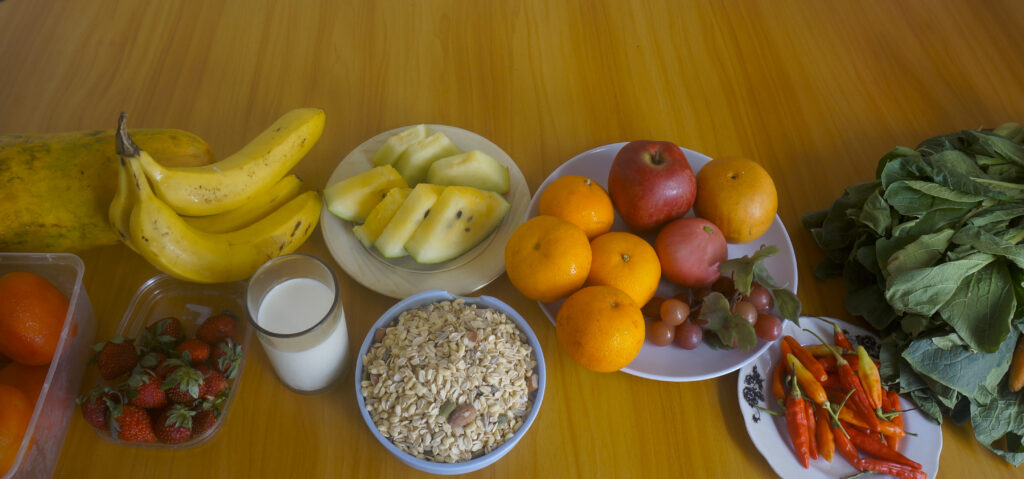As we enter our 40s, our nutritional needs shift and evolve. Understanding these changes and adapting our eating habits accordingly can help maintain energy levels, support hormone balance, and promote overall health. Let’s explore how to optimize your nutrition for this exciting life stage.
Why Nutrition Needs Change After 40
Our bodies undergo several significant changes during this decade:
- Slower metabolism
- Changing hormone levels
- Decreased muscle mass
- Different nutrient absorption rates
- Increased inflammation risks
Understanding these changes helps us make informed dietary choices that support our evolving needs.
Essential Nutrients for Your 40s and Beyond
1. Protein for Muscle Maintenance
- Aim for 0.8-1.0 grams per kilogram of body weight
- Focus on lean sources like fish, poultry, and legumes
- Include plant-based options like quinoa and tempeh
- Space protein intake throughout the day
2. Calcium and Vitamin D Dynamic Duo
- Target 1000-1200mg calcium daily
- Get 800-1000 IU vitamin D
- Choose fortified foods when needed
- Consider supplement timing with meals

3. Anti-inflammatory Foods
- Colorful berries and citrus fruits
- Leafy greens and cruciferous vegetables
- Omega-3-rich fish like salmon
- Nuts and seeds for healthy fats
4. Fiber for Digestive Health
- Aim for 25-30 grams daily
- Include both soluble and insoluble fiber
- Increase water intake with fiber
- Add fiber gradually to prevent discomfort
Meal Planning Strategies
Breakfast Ideas
- Greek yogurt with berries and nuts
- Whole grain toast with avocado and eggs
- Overnight oats with chia seeds
- Protein smoothie with greens
Lunch Options
- Mixed green salad with grilled chicken
- Quinoa bowl with roasted vegetables
- Lentil soup with whole-grain bread
- Tuna salad with whole grain crackers
Dinner Suggestions
- Baked fish with roasted vegetables
- Turkey meatballs with zucchini noodles
- Plant-based curry with brown rice
- Sheet pan chicken with sweet potatoes
Lifestyle Tips for Better Nutrition
Timing Matters
- Eat within 2 hours of waking
- Space meals 3-4 hours apart
- Consider earlier dinner times
- Listen to hunger cues
Portion Control Strategies
- Use smaller plates
- Practice mindful eating
- Fill half plate with vegetables
- Measure portions initially
Foods to Limit or Avoid
Reduce Intake Of:
- Processed foods high in sodium
- Added sugars and artificial sweeteners
- Excessive alcohol consumption
- Caffeinated beverages late in day
Meal Prep Tips for Success
Weekly Planning
- Create a flexible meal plan
- Shop with a detailed list
- Prep vegetables in advance
- Cook proteins in batches
Storage Solutions
- Invest in quality containers
- Label meals with dates
- Organize refrigerator efficiently
- Use proper storage techniques
Adapting to Individual Needs
Consider Your:
- Activity level
- Health conditions
- Medication interactions
- Food preferences
- Schedule demands
Tracking Progress and Success
Monitor:
- Energy levels
- Sleep quality
- Digestive health
- Weight stability
- Mood changes
Remember, healthy eating after 40 isn’t about restriction – it’s about nourishing your body with the nutrients it needs to thrive. Focus on adding nutritious foods rather than eliminating food groups, and make changes gradually for sustainable success.

